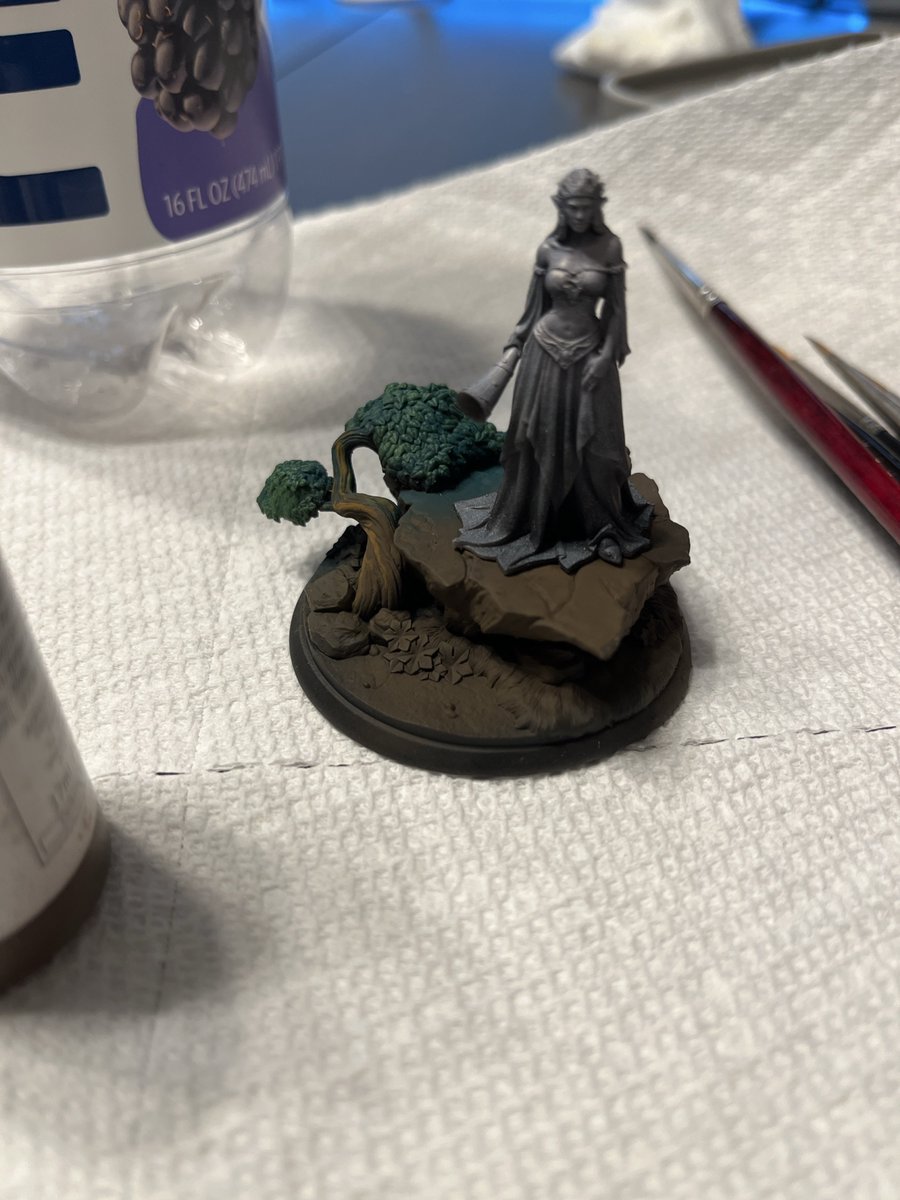Ruriko: So when do we register with Chicago?
Me: We don’t.
R: So how does Chicago know everyone who lives in Chicago?
Me: It doesn’t.
R: … Does America have a government? How do you even do population statistics?!
Me: Count every ten years.
R: You ARE TROLLING ME.
Me: We don’t.
R: So how does Chicago know everyone who lives in Chicago?
Me: It doesn’t.
R: … Does America have a government? How do you even do population statistics?!
Me: Count every ten years.
R: You ARE TROLLING ME.
The last few minutes have been her working through the implications for every benefits program administered locally, with increasing levels of horror.
Ruriko: Wait you mean Chicago Public Schools literally does not know Liam and Lillian exist unless we tell them that.
Me: Yep.
Ruriko: Wait you mean Chicago Public Schools literally does not know Liam and Lillian exist unless we tell them that.
Me: Yep.
Ruriko: So there’s no form to tell them that we are putting our children in private school?
Me: No form.
Ruriko: So if a child is just not enrolled they…
Me: Hopefully are seen by truant officers who will eventually cause someone to ask about the circumstances.
Ruriko: TROLLING.
Me: No form.
Ruriko: So if a child is just not enrolled they…
Me: Hopefully are seen by truant officers who will eventually cause someone to ask about the circumstances.
Ruriko: TROLLING.
Ruriko: Next you’re going to tell me the national government doesn’t have a record of everyone who lives here.
Me: In practice it does but in principle it does not.
R: WHAT.
Me: It is considered politically unpalatable to create a list of all citizens and/or immigrants.
R: WHY.
Me: In practice it does but in principle it does not.
R: WHAT.
Me: It is considered politically unpalatable to create a list of all citizens and/or immigrants.
R: WHY.
Me: … So that is why we backdoor the problem with a combination of Social Security records and privately maintained credit databases.
Ruriko: STOP STOP STOP.
Ruriko: STOP STOP STOP.
Ruriko: But if city hall doesn’t have a record of us living how will your employer be able to identify you to them to pay taxes for your account.
Me: They don’t keep accounts that way. Employers don’t do taxes, though they will do withholding. We will self-file and then if…
Me: They don’t keep accounts that way. Employers don’t do taxes, though they will do withholding. We will self-file and then if…
Ruriko: … Is our marriage even legal here?!?
Me: Yes.
R: Where did you register it if not city hall?!
Me: Nowhere.
R: Then how does America know we’re married?!
Me: When relevant, we say so, and they say “OK then you’re married.”
R: WHAT.
Me: Doctrine of comity.
Me: Yes.
R: Where did you register it if not city hall?!
Me: Nowhere.
R: Then how does America know we’re married?!
Me: When relevant, we say so, and they say “OK then you’re married.”
R: WHAT.
Me: Doctrine of comity.
Ruriko: So if we got married here we would have… a piece of paper.
Me: Yes it’s called a marriage license or somesuch.
R: We are unlicensed.
Me: Yes but only in a very technical sense.
R: Can we get a license?
Me: No.
R: What.
Me: People w/ existing marriage can’t get married.
Me: Yes it’s called a marriage license or somesuch.
R: We are unlicensed.
Me: Yes but only in a very technical sense.
R: Can we get a license?
Me: No.
R: What.
Me: People w/ existing marriage can’t get married.
Ruriko: What if I have to demonstrate the fact of the marriage somehow?
Me: Well there’s a boring technical answer involving apostilles to authenticate a series of records which would allow an American judicial process to recognize Japanese records but in practice…
Me: Well there’s a boring technical answer involving apostilles to authenticate a series of records which would allow an American judicial process to recognize Japanese records but in practice…
Me: … everyone just takes your word for it.
Ruriko: … You are dealing with all of this American nonsense.
Me: Had a feeling I would be.
Ruriko: … How do you do health insurance?
Me: Hah funny you should ask. Let’s have that conversation when you’re calm and sitting down.
Ruriko: … You are dealing with all of this American nonsense.
Me: Had a feeling I would be.
Ruriko: … How do you do health insurance?
Me: Hah funny you should ask. Let’s have that conversation when you’re calm and sitting down.
• • •
Missing some Tweet in this thread? You can try to
force a refresh







